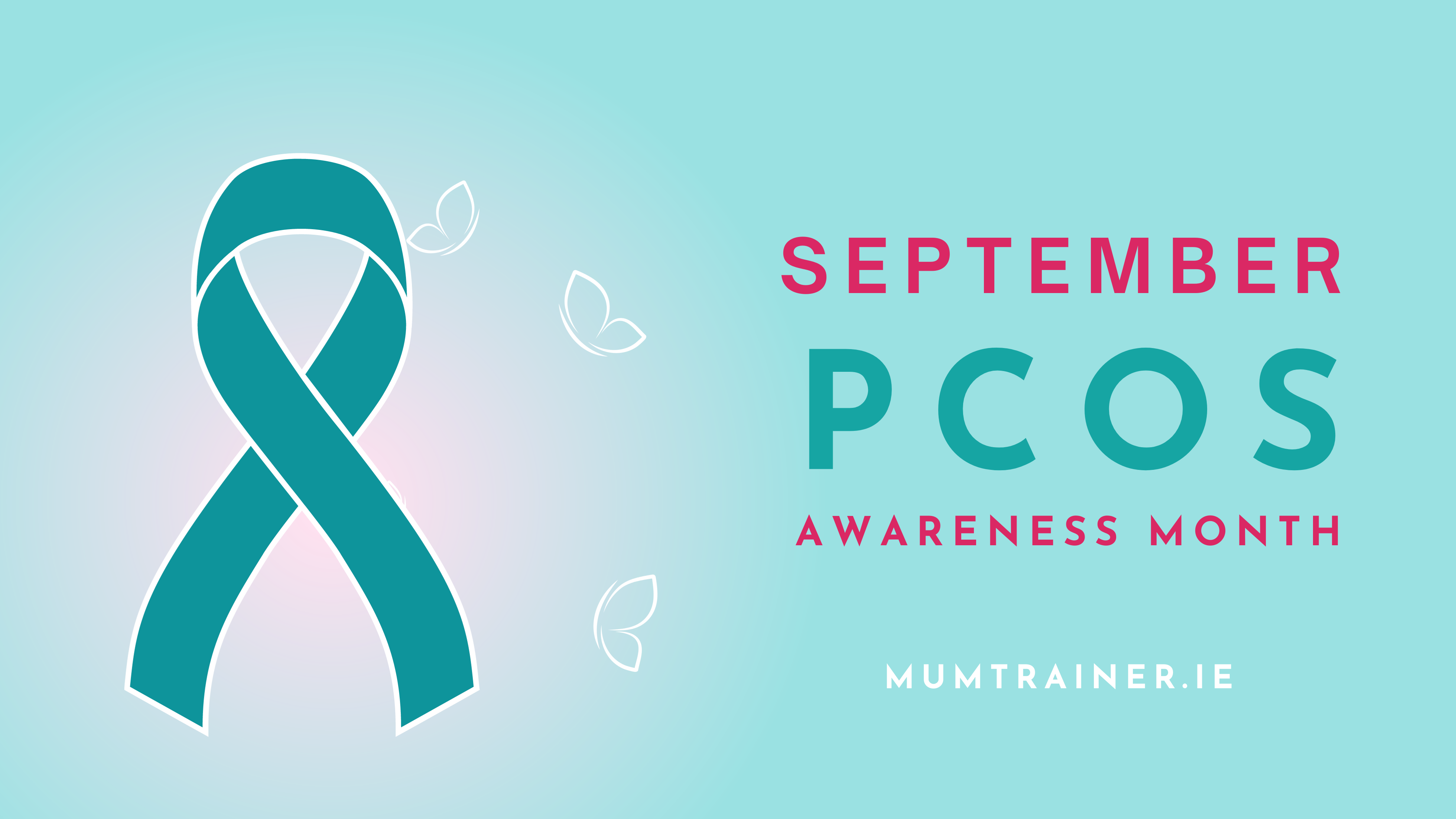Understanding PCOS and Managing Insulin Resistance
Introduction
I was diagnosed with PCOS in my early twenties, which led me to embark on a journey to support my fellow cysters. Thirteen years ago, when I started my fitness studies, I never could have imagined the impact it would have on my understanding of this condition.
What is PCOS?
PCOS, or Polycystic Ovary Syndrome, is one of the most common endocrine conditions, affecting 10% of women. To be diagnosed with PCOS, you need to meet at least two out of three criteria:
- Irregular or absent periods.
- Hyperandrogenism – indicated by excessive male hormone levels or male-pattern symptoms like acne, excess facial and body hair, and male-pattern baldness.
- Polycystic appearance of the ovaries on an ultrasound scan – characterized by underdeveloped eggs that the ovary cannot release.
Current consensus suggests PCOS is an insulin-resistant and metabolic disorder. While insulin resistance tests aren’t part of the diagnostic criteria, research indicates that up to 100% of women with PCOS exhibit some degree of insulin resistance.
Understanding Insulin Resistance
Insulin is a hormone produced by the pancreas, responsible for controlling blood sugar levels and fat storage. Insulin resistance occurs when the body’s cells do not respond adequately to insulin. This may lead to elevated blood sugar levels after food consumption, prompting the pancreas to release more insulin.
Regularly consuming excessive sugar or highly processed foods can worsen insulin resistance. It becomes a vicious cycle, as higher insulin levels can disrupt hormonal balance, inhibit ovulation, increase male hormone secretion, and even lead to exhaustion of the pancreas, potentially resulting in Type 2 Diabetes.
Treatment Approach
PCOS and insulin resistance are complex conditions, and treatment should be tailored to individual cases. A collaborative approach involving an endocrinologist, gynecologist, dietitian, mental health professional, and personal trainer, is often necessary.
Pillars of Treatment
- Medical Pillar: Medications like Metformin and dietary supplements like inositol can improve insulin sensitivity but should complement lifestyle changes.
- Diet: Pay attention to your body’s signals. Eat every 2-4 hours, choose less processed, low GI foods, and ensure adequate protein intake. Carbs are not the enemy; your body needs them.
- Exercise: A mix of aerobic and resistance training is recommended 3-6 times a week. Listen to your body; avoid excessive high-intensity interval training.
- Stress Management: Stress can affect hormones, so prioritize stress reduction through adequate sleep and avoiding excessive exercise.
- Recovery and Rest: Allow your body to recover and prioritise restful sleep.
Tailored Exercise for PCOS
There’s no one-size-fits-all exercise for PCOS. Choose activities you enjoy and can maintain long-term. Exercise improves insulin sensitivity, and reduces symptoms.
Aerobic Exercise: Combines cardiovascular conditioning with fat and carbohydrate utilisation.
Resistance Training: Strengthens muscles, bones, and ligaments. It can include free weights, machines, resistance bands, and bodyweight exercises. Beginners should aim for two to three sessions per week.
Functional Circuit Training: A well-rounded program combining resistance and cardio exercises can be highly effective for improving insulin sensitivity.
Remember, your body’s signals and reactions to diet and exercise are crucial indicators. No one knows your body better than you do.
Monitoring Intensity
Heart rate varies based on various factors, so use a heart rate monitor to determine the right intensity. Rate of Perceived Exertion (RPE) can also help. Moderate intensity exercise is often most beneficial.
HRV and Heart Rate Control
Heart Rate Variability (HRV) reflects your heart’s ability to adapt to changes. It can guide training intensity, duration, and rest periods. Understanding HRV helps optimise your workout regimen.
In conclusion, managing PCOS and insulin resistance is a personalised journey. Listen to your body, embrace moderation, and focus on sustainable lifestyle changes. Remember, you are in control of your health, and you are your own body’s ultimate expert!
My Exercise Recommendation for Women with PCOS and Insulin Resistance: IRIE


